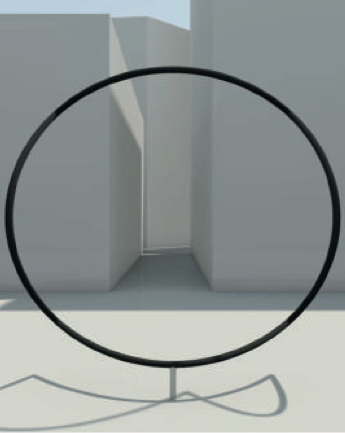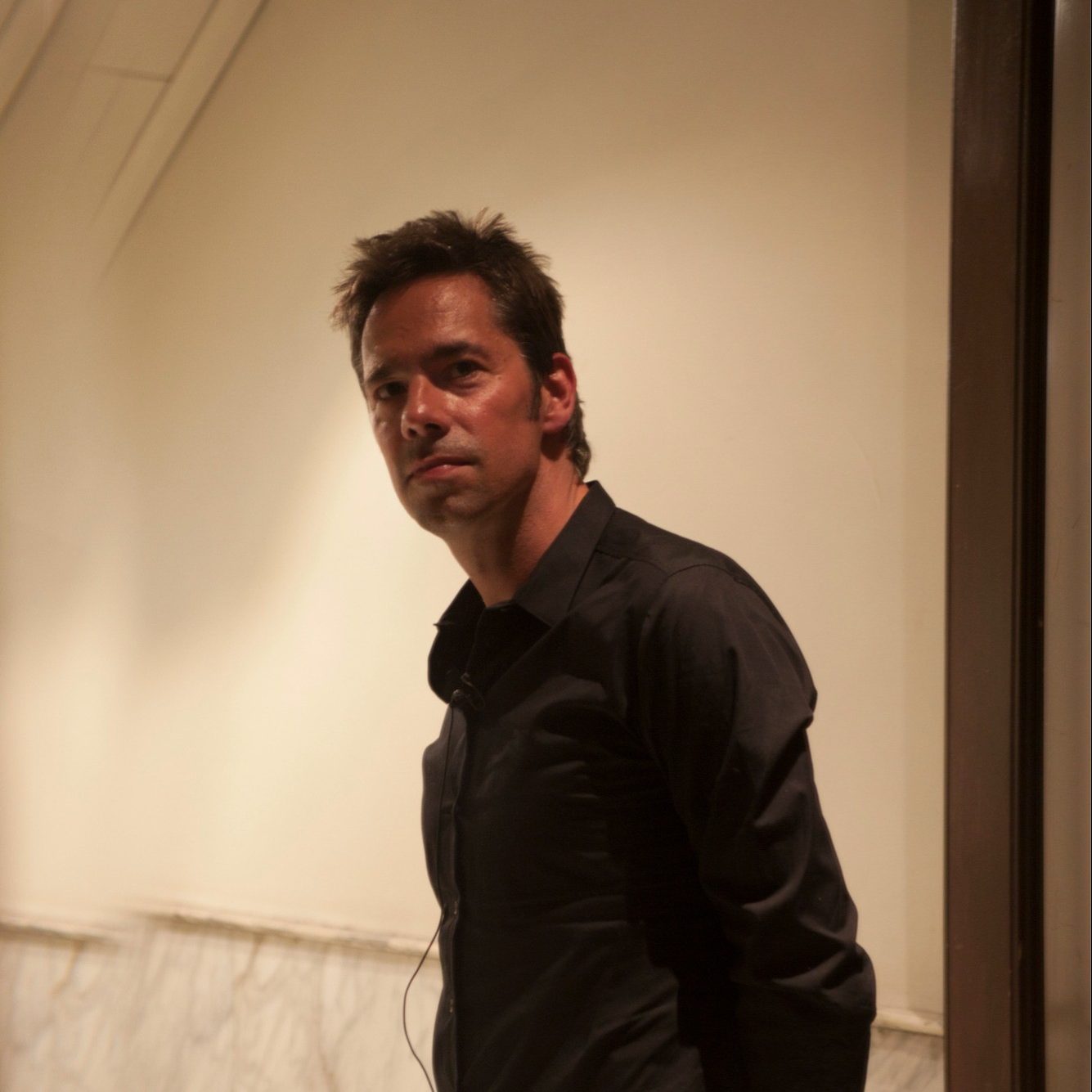
INTERVIEW WITH SEBASTIEN NOEL – B92.NET NEWS PORTAL
One of the keynote speakers at Belgrade design Week’s 2013 conference: “innovation2” was sebastien noel, one third of the collective called Troika, which he founded in 2004 with two colleagues: Conny Freyer and eva rucki. They founded the Troika studio after graduating from the royal College of art in london, where they all came to study, after which they stayed, and as he puts it: “embarked on a substantial adventure of working together for nearly ten years”…
How would you describe the work of Troika?
We all generally come from the design world – I studied product design, Conny photography and graphic
design and Eva animation and graphic design. This is an interesting contradiction – we never really practiced design, in a sense that we don’t make functional objects – we mainly make installations and works in the public art context, on a variety of scales. A lot of things we do are commissions, so we work with architects to create an unique piece of sculpture within a certain environment. The other part of our activities is work in galleries, where we have a different body of work and where we explore things on a small scale, a little more freely. That’s also an interesting debate: where do we stand? We are very close to the world of contemporary art, that’s where we are evolving more and more, and we use design much more as methodology, rather than the discipline per se.
What type of research are you most interested in?
In our work you can see a lot of things that are dealing with technology and our relationship to it, how the world responds to that. We start with contemporary society which is articulated around basic scientific principles, which leads to technology. What interests us in this kind of scientific principle is that it not only drives most of the things around us, from technocracy or specialization, or assembly line… but it’s a way of seeing the world, which comes with a very particular mindset, and this mindset has been applied because it’s very powerful. It’s been applied in various fields, including humanities or social sciences. You can argue the validity or the totalitarian aspect of science, in favor of regaining a kind of synthesis with other, softer, human traits, like intuition. In the work we do, we very often try to find a synthesis, which means: we very often have a very idealistic view of the world, between rational and subjective, or between logic and intuition. What we are trying to do is a way of synthesizing all those things, in order to get a better understanding of the world we live in.
In your work you address different issues, ideas, abstract concepts, and in our globalized society it seems like everything is being commercialized and turned into commodity. How are you dealing with that?
Capitalism is really closely affiliated to the scientific principle. You want to create more, more, more… It’s a quantitative rather than a qualitative approach. The things you see in science – you break down things and you arrive to an understanding which is microscopic – but you take a bigger view of it. I think this is one of the great challenges of our contemporary society in the 21st century, because we can see very clearly now the crack in the system, especially in capitalistic system. The work we are doing can also take a more political dimension in a sense that you are starting to reevaluate, perhaps not the capitalistic system itself, but at least try to understand its roots, and how it can be de-routed. That is the whole debate about the sixties avant-garde, all the attempts have been re-appropriated by the system – it’s very powerful, you cannot go against it.
Innovation is the central topic of this year’s BdW. What constitutes innovation in contemporary society?
I have a very difficult relationship with the world innovation. Very often it is done for its own sake. In our society it is often just a technical trick, a development, or an application of a principle that is not invented, but that you applied to something and it became an innovation…So there is a great discrepancy between the validity of innovation and the way it’s celebrated nowadays. Of course, if you want to sustain a system, you need a lot of innovation all the time, and not all of them are valid, but it’s something that is extremely difficult to implement within that system: we have the opportunity to work on many scales, from small galleries to large corporations when we do work on commission, and you can see that there is this constant debate on how do you start an innovation, how do you create, and that’s an interesting topic, because if you want innovation you have to have a responsibilization and attractiveness towards it which is often killed in large structures, because you have hierarchical systems. That is the essence of technocracy: you tick boxes and pass on responsibility, so the individual choice is difficult to make. There seems to be a constant vicious circle between innovating, creating a problem, then innovating again to find solutions, then create another problem: create-solve-create-solve…which is also something technology is very good at doing. You create new technologies to get rid of the problems of the previous one. That is also the issue of ethics.
Sometimes a simple novelty can be mistaken for innovation. How do you make the distinction?
Novelty is a good term, to me it’s the antithesis of innovation, it’s like taking a small step, which is very predictable, and the funny thing is… it’s very lucrative. Many innovations are predictable and what I really enjoy is the one that is completely disruptive, the one you can’t see coming. That is the quality by which I personally validate something and consider it new.
Trackback from your site.
